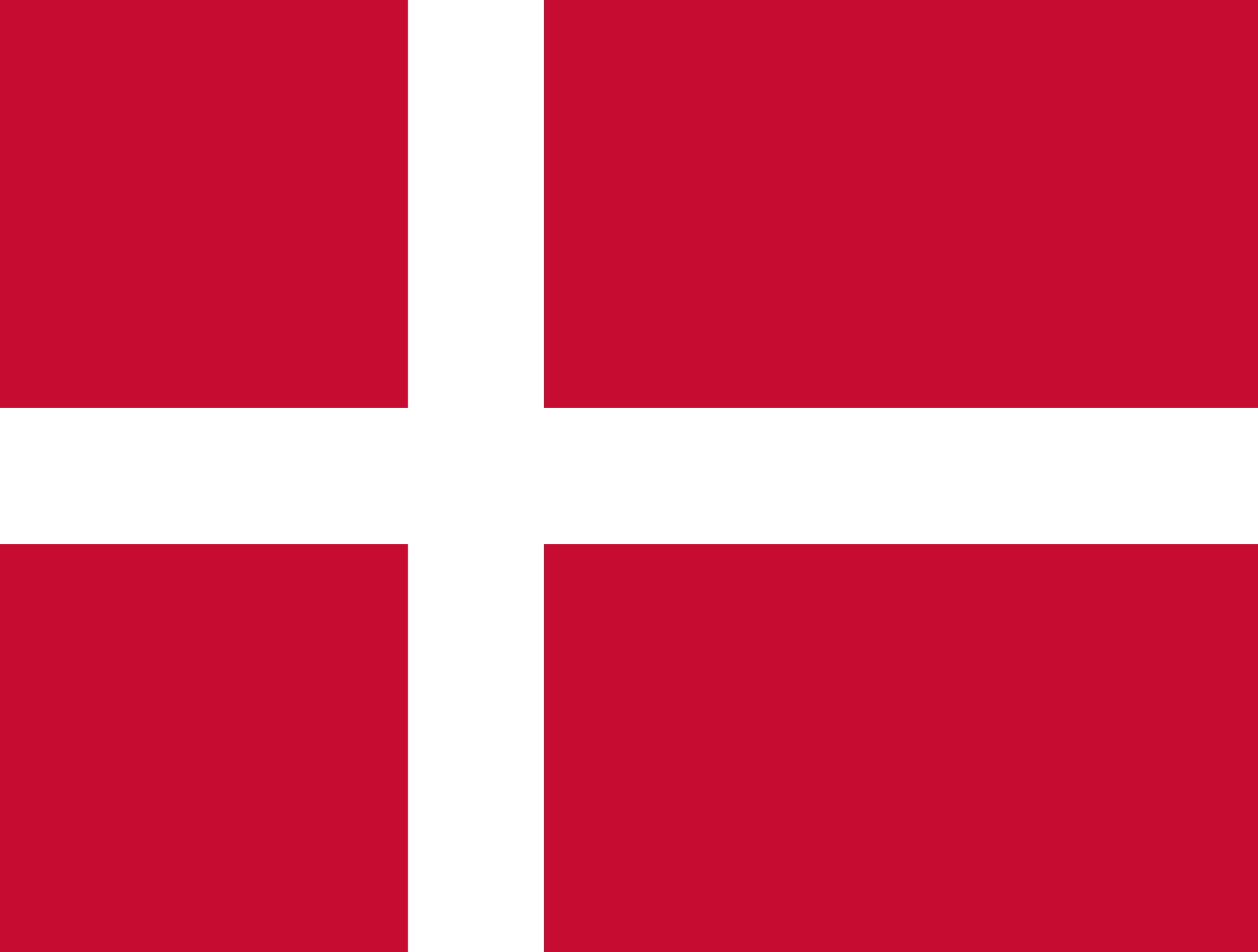World Toilet Day 19th November 2020
Today the UN and the international community celebrate the World Toilet Day, a stark reminder that access to sanitation and hygiene is not equal around the world. Hence, the SDG 6, which aims to “Ensure availability and sustainable management of water and sanitation for all", one of the targets being "End open defecation and provide access to sanitation and hygiene".
In Afghanistan, the situation has increased in recent years, but there is still a lot of work to do. Open defecation is still widely spread due to the lack of access to safe and reliable baths and latrines, while the displaced population in hard-to-reach areas struggles to obtain the help they need.
DACAAR is at the frontline of the efforts to provide those most in need with WASH facilities. We work both at the emergency level, to answer to conflict or natural disasters, and on long-term solutions such as constructing facilities in health structures or repairing existing units.
DACAAR implements a European Civil Protection and Humanitarian Aid Operations projects (ECHO), by building Emergency Bath and Latrine (EBL) for recently displaced people. These kinds of interventions are extremely needed to assure a rapid response at the onset of a crisis and they also enhance the chances of success of actions in other fields, like nutrition or health.
As one of DACAAR beneficiaries stated, having a toilet close to the house is a relief both in terms of hygiene and safety.
“The toilet installed by DACAAR prevents the spread of diseases and it also enhances the access for children and elderlies”.
The installation of toilets is also important for women rights since it makes sure that their dignity and privacy are respected and it permits to avoid safety risks.
Unfortunately, as stated by the UN secretary-general, earlier this year, SDG 6 and its targets are off track. DACAAR is proud of the help received by Donors such as ECHO, UNICEF and NMFA. But, we want to reiterate that WASH actions in Afghanistan are underfunded and we need all the international community and national authorities to be aware of this. It is even more meaningful while struggling to contain the spread of a pandemic.
 Danish
Danish